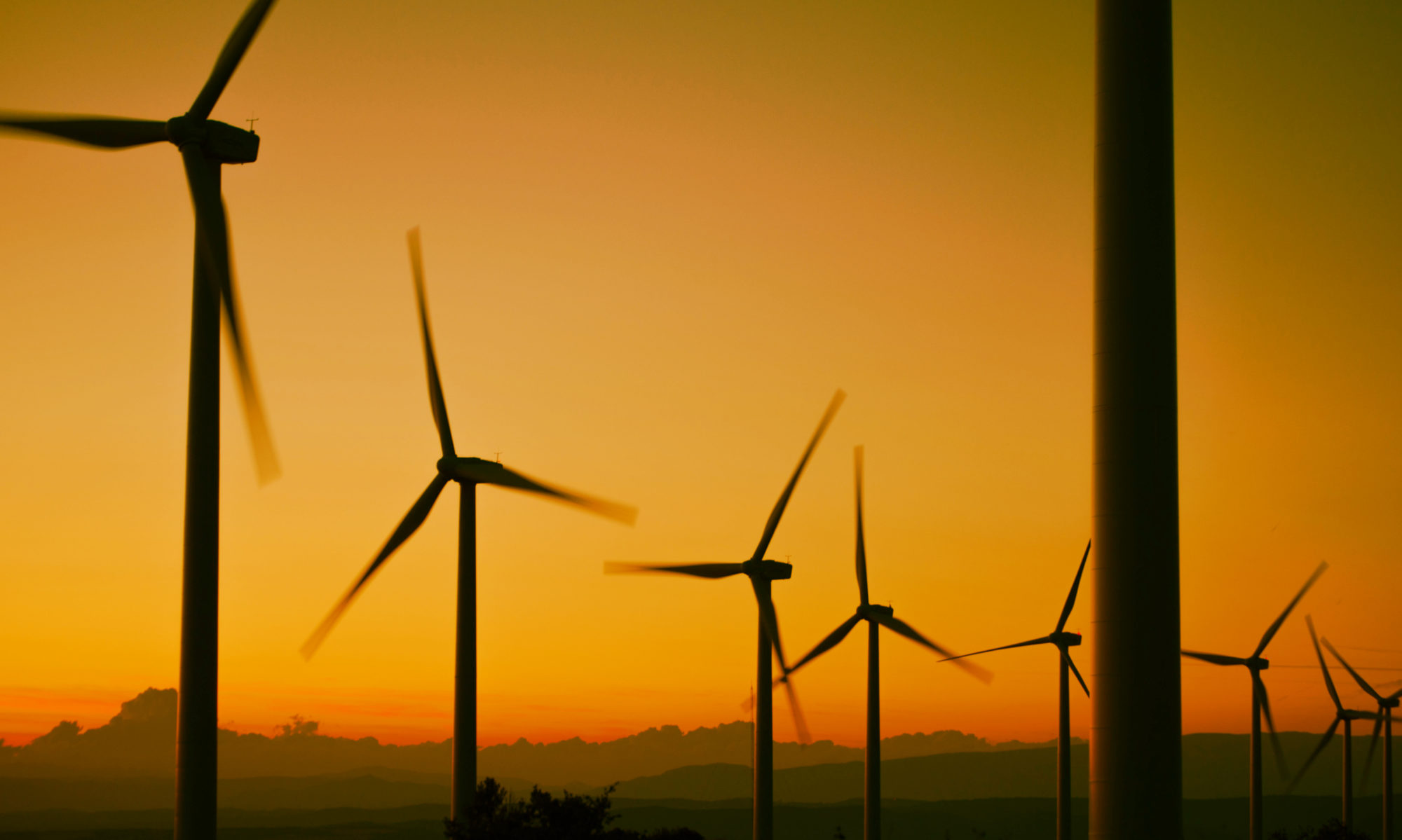
Strategic Power Solutions (SPS) is a wholly owned Ghanaian solar equipment production company that produces solar panels locally made in Ghana. The company specializes in the design and execution of solar power systems, back-up power systems and energy-efficient lighting solutions. SPS can be said to be a company born out of necessity and vision to provide sustainable energy solutions across Ghana. According to the founder (Dr. Francis Akuamoah Boateng) in this interview, he decided to pursue investment in solar energy after an incident where he almost hit a barrier at a checkpoint while travelling at night, due to lack of street lights. He figured that solar energy was needed to power street lights in areas that were not connected to the national grid, such as the place where he almost hit the checkpoint. Dr. Boateng mentioned that it was important to him that rural dwellers benefited from the solar project, therefore SPS started introducing solar street lights to cocoa growing communities, in partnership with the Ghana Cocoa Board.
At the company’s initial stage, they imported solar panels, developed the market, and subsequently evolved to producing solar panels locally in a bid to make products that are fit and applicable to Africa’s local context. Today, the company has grown rapidly and has become a leading player in the Ghanaian energy market. Per the company’s website, its range of services and executed projects include, Solar Powered DC Water Pumps, Solar Air-Conditioners, PV Combiners, Renewable Microgrids, Centralized Solar Street Light System etc.

